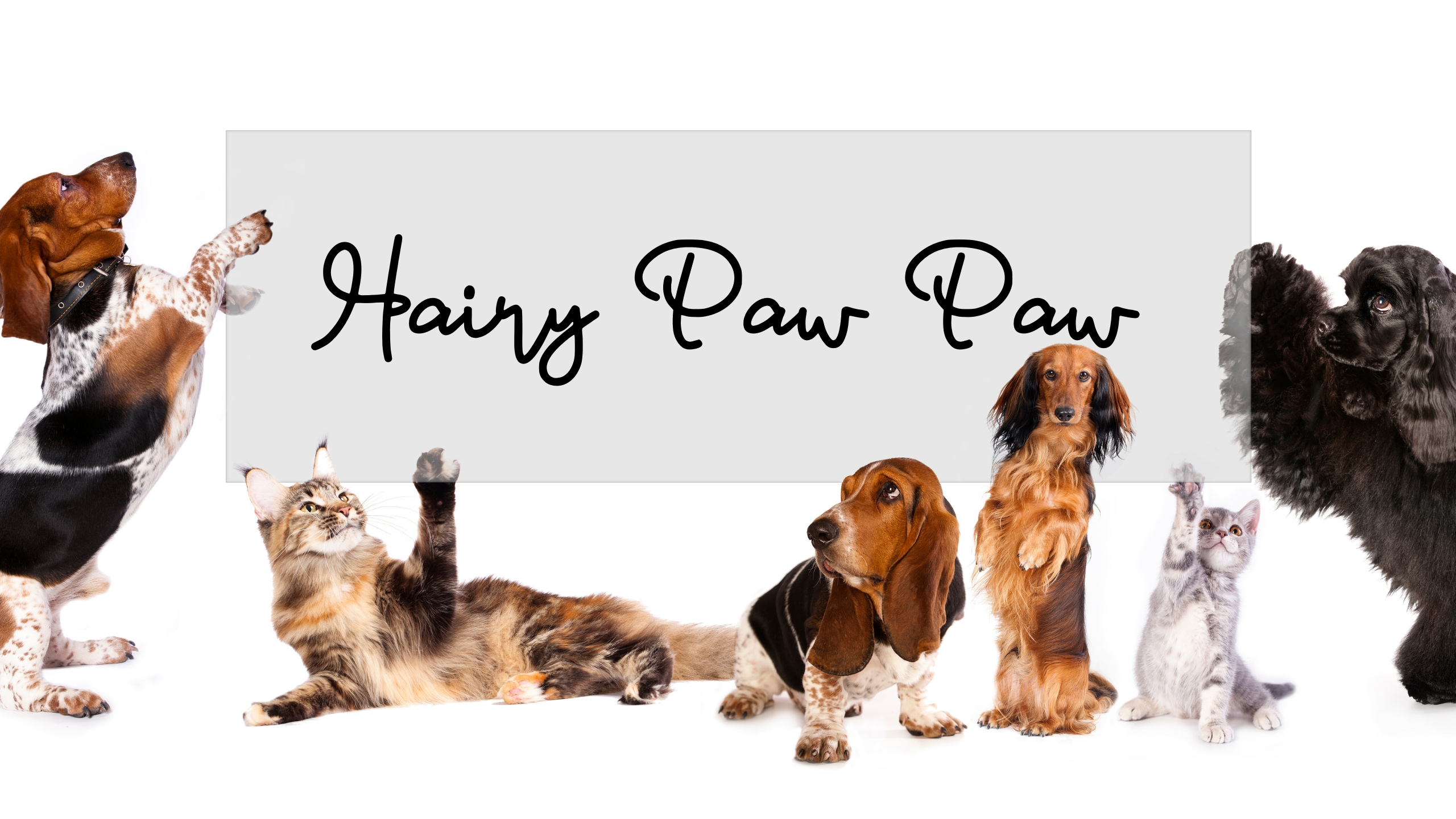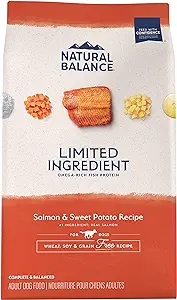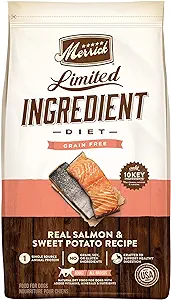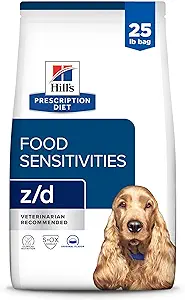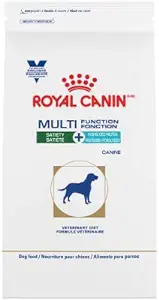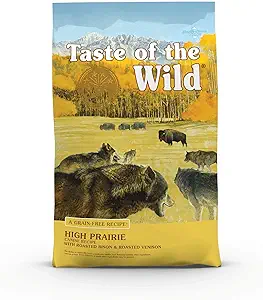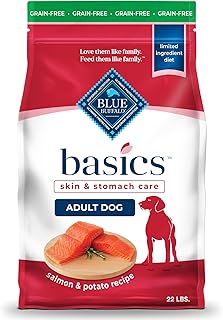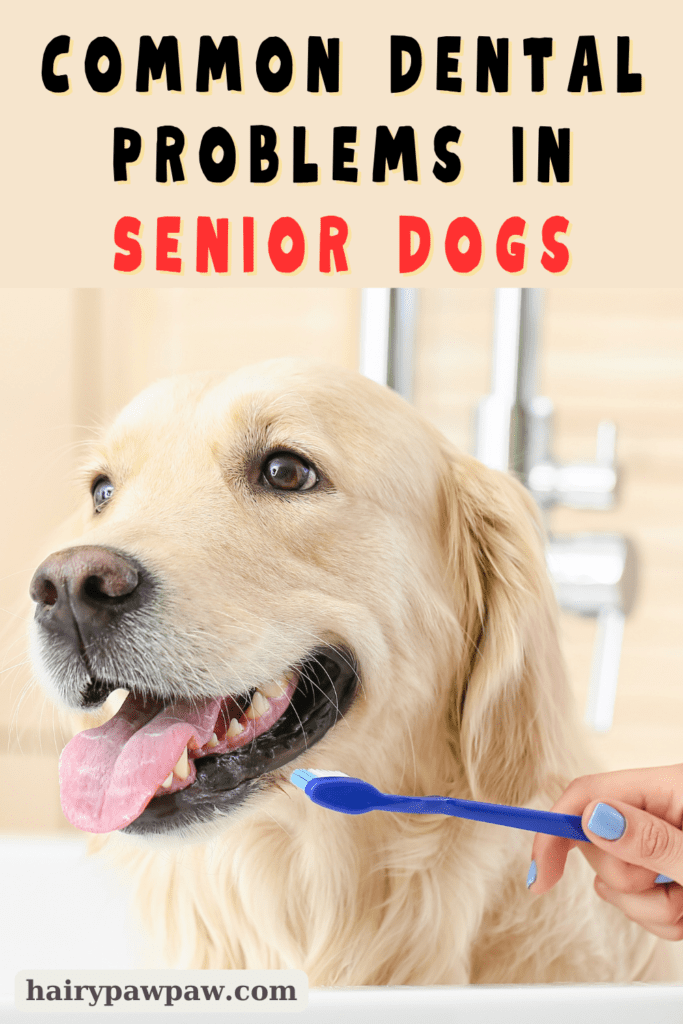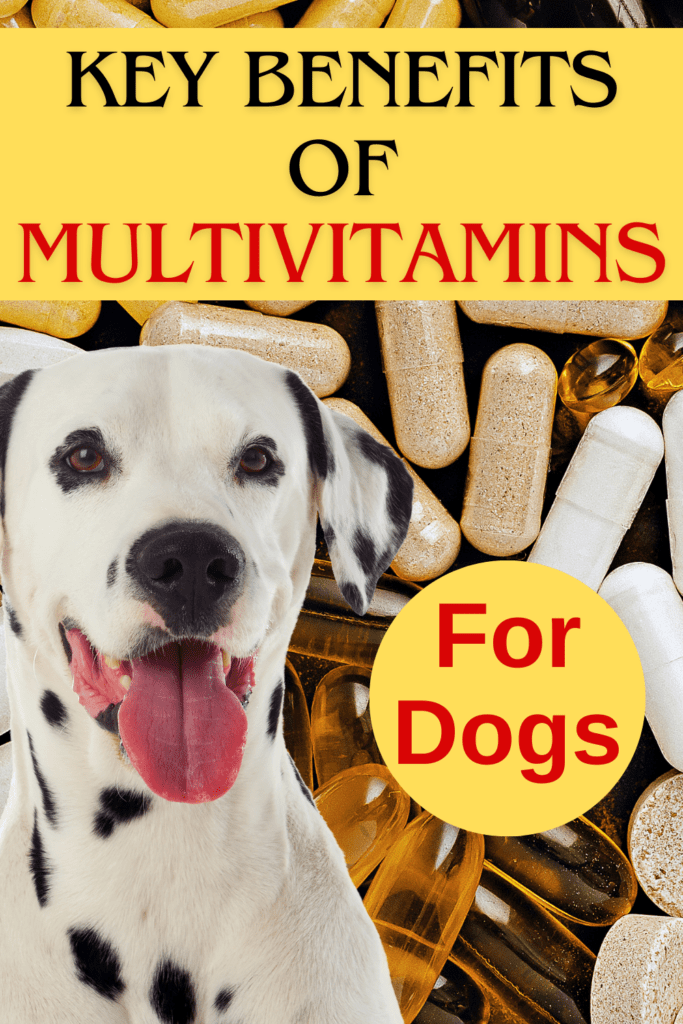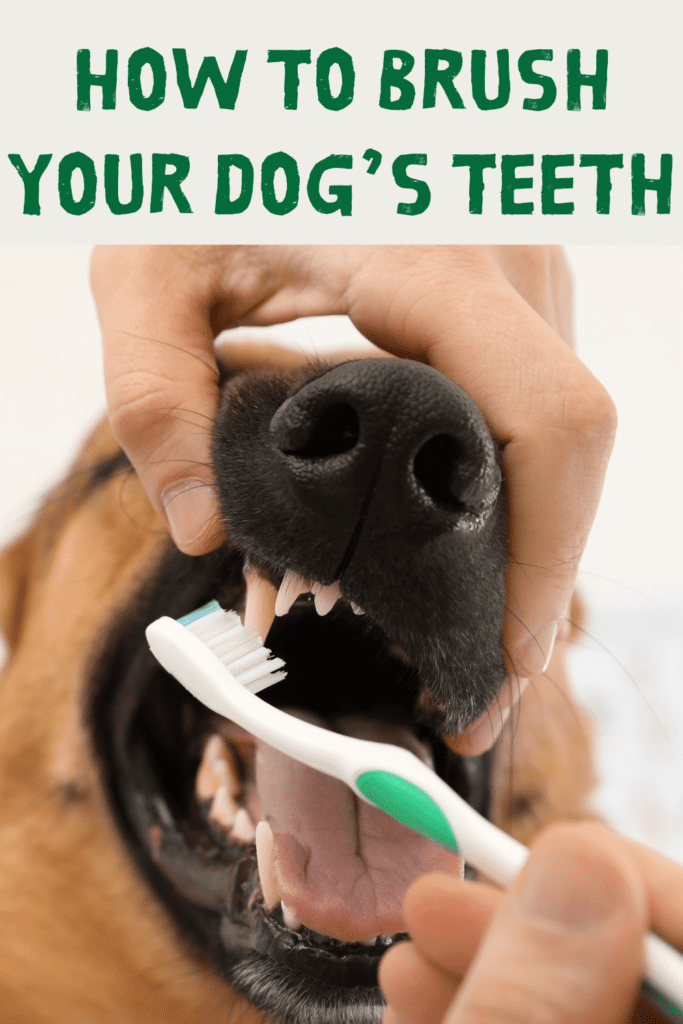This “The Ultimate Guide to the Best Dog Foods for Allergy Relief” post may contain affiliate links, which means I’ll receive a commission if you purchase through my link, at NO EXTRA COST TO YOU
The Ultimate Guide to the Best Dog Foods for Allergy Relief
When your dog suffers from food allergies, finding the right food can make a world of difference. Many pet owners face this challenge, and with so many options on the market, it’s hard to know where to begin. But the good news is, choosing the best dog food for allergies doesn’t have to be complicated. In fact, with a bit of guidance, you can quickly identify the top choices that will not only alleviate your dog’s symptoms but also promote overall health.
In this blog, we’ll explore everything you need to know about dog food allergies and reveal the best foods that can help manage them effectively.
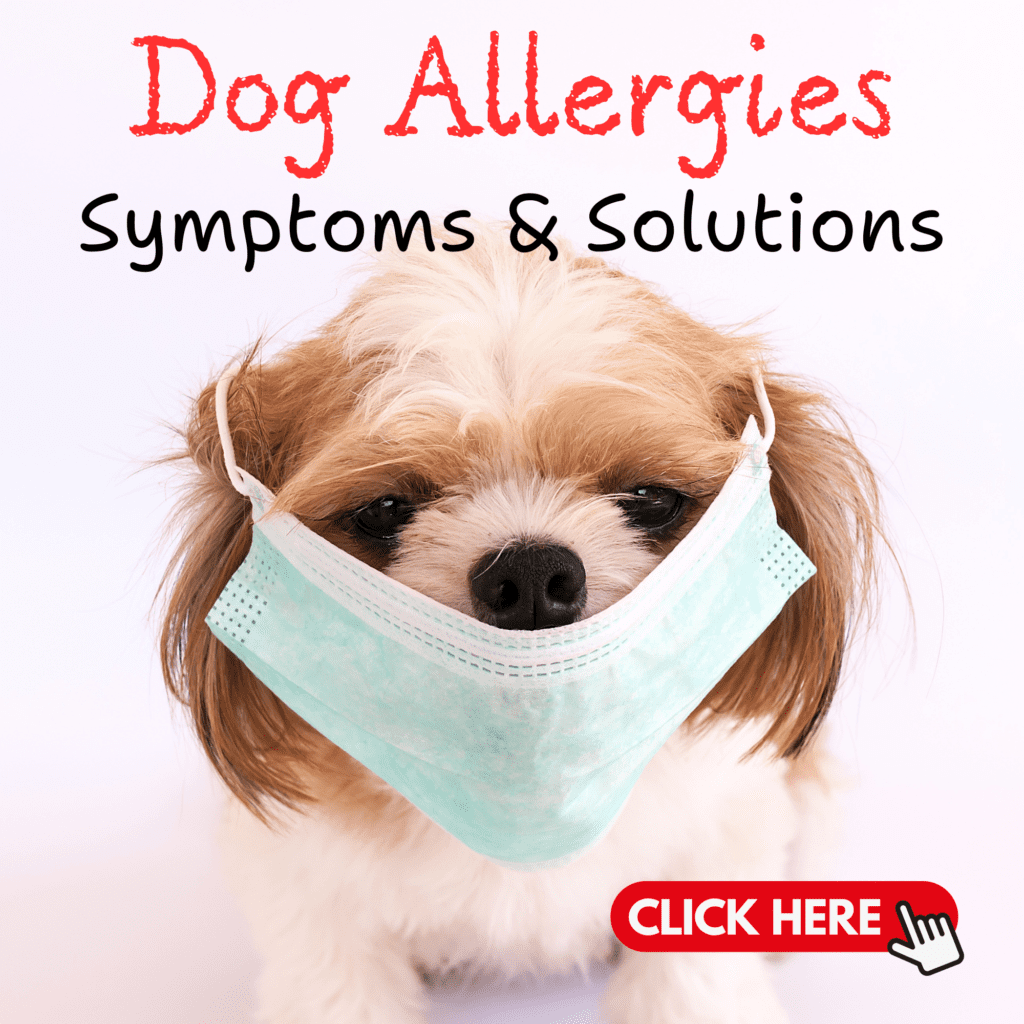
Understanding Food Allergies in Dogs
Before diving into the best food options, let’s first understand what food allergies are and how they affect dogs. Dogs can develop allergic reactions to specific ingredients in their diet, and these reactions often cause symptoms like skin irritation, digestive issues, or chronic ear infections.
Typically, dogs become allergic to protein sources like beef, chicken, or dairy. However, grains and fillers such as wheat and soy can also trigger allergic responses. Once your dog develops a food allergy, symptoms may worsen over time if the allergen remains in their diet.
Signs Your Dog May Have Food Allergies
Recognizing the signs of food allergies in your dog can help you take action sooner. Several key symptoms can indicate your dog is experiencing an allergic reaction:
- Chronic Itching – One of the most common symptoms is excessive itching, particularly around the paws, face, or belly. Your dog may scratch or bite the affected areas continuously.
- Digestive Problems – Vomiting, diarrhea, and excessive gas may signal that your dog’s digestive system isn’t agreeing with certain foods.
- Ear Infections – If your dog frequently suffers from ear infections, especially alongside other symptoms, food allergies could be the underlying cause.
- Skin Redness or Rashes – Red, inflamed skin or the development of hives can indicate that your dog’s immune system is reacting to an allergen in their food.
If you notice any of these signs, consulting your vet is essential. Once you identify the food causing the reaction, transitioning your dog to a hypoallergenic diet is crucial.
Best Types of Dog Foods for Allergies
Now that you know the symptoms, the next step is to select the best type of dog food. Generally, dog food for allergies falls into three main categories: limited ingredient diets (LID), hydrolyzed protein diets, and grain-free diets.
1. Limited Ingredient Diets (LID)
Limited ingredient diets are designed to reduce the number of potential allergens your dog is exposed to. These formulas contain fewer ingredients, making it easier to pinpoint and eliminate the cause of allergies. Usually, LID foods rely on novel proteins like duck, venison, or lamb—proteins that your dog may not have been exposed to before, reducing the likelihood of an allergic reaction.
Some top limited ingredient dog foods include:
- Natural Balance L.I.D. Limited Ingredient Diets: This formula focuses on a single protein source and limited carbohydrates, helping to avoid common allergens like chicken or beef. It’s ideal for dogs with sensitive stomachs or skin.
- Merrick Limited Ingredient Diet: Merrick’s LID formula uses simple ingredients like deboned salmon and peas, which are gentle on your dog’s digestive system and help prevent flare-ups of allergic reactions.
2. Hydrolyzed Protein Diets
Hydrolyzed protein diets offer another effective solution for dogs with food allergies. In these diets, proteins are broken down into smaller molecules, which makes it harder for your dog’s immune system to recognize them as allergens. As a result, these foods help minimize allergic reactions and can work well for dogs with severe allergies.
Popular hydrolyzed protein dog foods include:
- Hill’s Prescription Diet z/d: This vet-recommended food features hydrolyzed chicken, making it an excellent option for dogs with chronic food allergies. It’s formulated to reduce skin and digestive symptoms caused by allergens.
- Royal Canin Veterinary Diet Hydrolyzed Protein: This specialized formula provides balanced nutrition while avoiding common allergens, using hydrolyzed soy protein that is easier for your dog’s system to tolerate.
3. Grain-Free Diets
Many dogs develop allergic reactions to grains such as wheat, corn, and soy. For dogs with grain sensitivities, grain-free diets can offer relief by removing these ingredients entirely. These foods typically use alternative carbohydrates like sweet potatoes or peas, which are less likely to cause an allergic reaction.
Some top grain-free options include:
- Taste of the Wild Grain-Free: Featuring novel proteins like bison and venison, Taste of the Wild is packed with antioxidants and probiotics, supporting healthy digestion and skin for dogs with allergies.
- Blue Buffalo Basics Grain-Free: Blue Buffalo’s grain-free formula focuses on simple, natural ingredients, using turkey as the main protein source and avoiding grains that could trigger allergic reactions.
What to Look for When Choosing Dog Food for Allergies
Knowing which type of dog food to choose is only part of the solution. Next, it’s important to know what to look for on the label. First, always check the ingredient list. You’ll want to avoid common allergens like chicken, beef, dairy, or wheat if you know your dog is sensitive to these ingredients.
Second, prioritize high-quality ingredients. Whole proteins, such as lamb, salmon, or turkey, should be the first ingredient on the list. These provide essential amino acids and promote muscle development while reducing the risk of allergies. Additionally, choose foods that contain omega fatty acids, as these help soothe itchy skin and promote a shiny coat.
Finally, consider added supplements like probiotics and prebiotics. These ingredients support digestive health, which is particularly important for dogs with allergies. A healthy gut can help your dog process food more effectively and reduce inflammatory responses to allergens.
Transitioning to an Allergy-Friendly Diet
Once you’ve selected the best dog food for allergies, transitioning your dog to their new diet is crucial for success. Always introduce new food gradually to avoid digestive upset. Begin by mixing a small amount of the new food with your dog’s current diet, increasing the amount of new food over the course of 7–10 days.
During this transition, monitor your dog for any changes in their symptoms. You should start seeing improvements in their skin, digestion, and overall behavior after a few weeks. If symptoms persist, consider consulting your vet to determine if further adjustments are necessary.
Additional Tips for Managing Dog Allergies
Switching to the right food is an essential step, but you can also take additional measures to manage your dog’s allergies.
- Regular Bathing: Frequent baths with hypoallergenic shampoo can help wash away allergens from your dog’s skin and coat, reducing itchiness and irritation.
- Flea Control: Fleas can trigger allergic reactions, so maintaining a flea prevention regimen is key. Regular flea treatments, whether topical or oral, can prevent allergy flare-ups.
- Keep the Environment Clean: Dust mites and other allergens can also exacerbate your dog’s symptoms. Vacuum regularly, wash your dog’s bedding, and keep their environment as clean as possible to reduce exposure.
Conclusion
Choosing the best dog food for allergies doesn’t have to be a daunting task. With so many options available, from limited ingredient diets to hydrolyzed protein and grain-free formulas, finding the right food for your dog can be both simple and rewarding. The key is understanding your dog’s specific needs and selecting a high-quality diet that addresses those allergies directly. By following these guidelines and taking a proactive approach, you’ll help your dog live a happier, healthier, and more comfortable life.
Whether you choose limited ingredients, hydrolyzed protein, or grain-free options, remember to always consult your vet when making significant changes to your dog’s diet. With the right food and care, your dog will be on the road to relief in no time!

